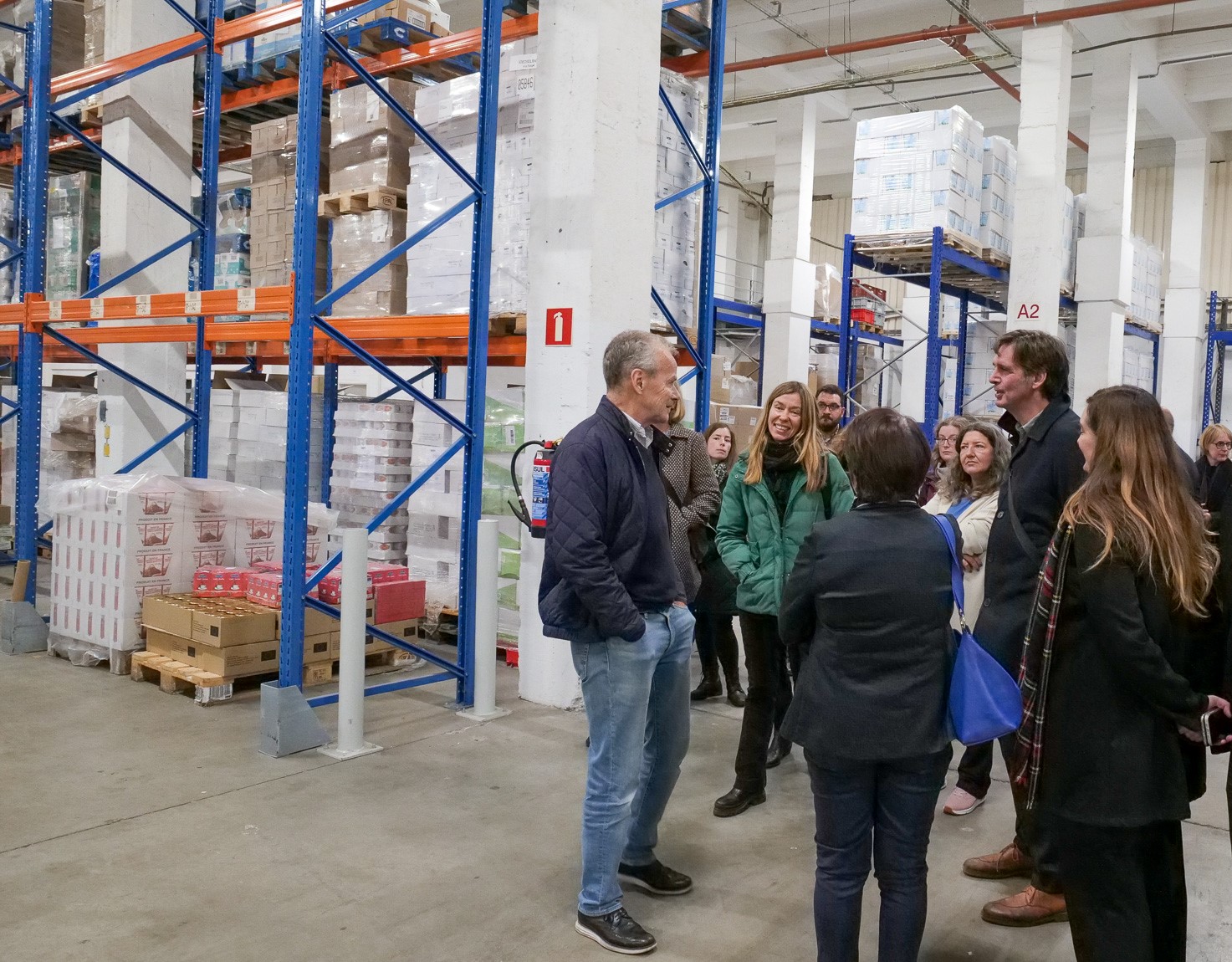On 7-8 November 2022 a joint meeting of the sub-group on Food Donation of the EU Platform on Food Losses and Food Waste (EU FLW) of he European Commission and the EU Working Group of the European Food Banks Federation (FEBA) was held in hybrid format.
The joint meeting started on 7 November with a study visit to the Banque Alimentaire Bruxelles-Brabant to learn more about the freezing of meat which is done by Belgian Food Banks. The Fédération Belge des Banques Alimentaires / Belgische Federatie van Voedselbanken made a presentation to give an overview about the Food Banks in Belgium, which was followed by a presentation made by AFSCA. The focus was on the recovery and redistribution of frozen food products, in particular of meat.
On 8 November the discussion about the current landscape of food redistribution in the EU continued together public authorities and food redistribution organisations from the same Member States. The focus was on national policy frameworks as well as practices on the ground with presentations from public authorities and FEBA Members from Czech Republic, Estonia, Hungary, and Italy. In particular, Fondazione Banco Alimentare Onlus, FEBA Member in Italy, explained the impact of national legislative developments on the activities of Food Banks; Toidupank, FEBA Member in Estonia, focused its presentation on the use of the Fund for European Aid to the Most Deprived (FEAD) and REACT-EU for food donation activities; Magyar Élelmiszerbank Egyesület, FEBA Member in Hungary, pointed out the main challenges and opportunities encountered in relation to surplus food recovery and redistribution; and Česká Federace Potravinových Bank, FEBA Member in Czech Republic, elaborated on the partnership of the organisation with national authorities.
Following the assessment carried out in the pilot project on redistribution of surplus food: examples of practices in the Members States in 2018, the goal was to capture any new updates in food donation policies and practices. These could be updates on current challenges, perceived barriers for redistribution or new trends and operational models.
All presentations are available on the sub-group’s webpage.




